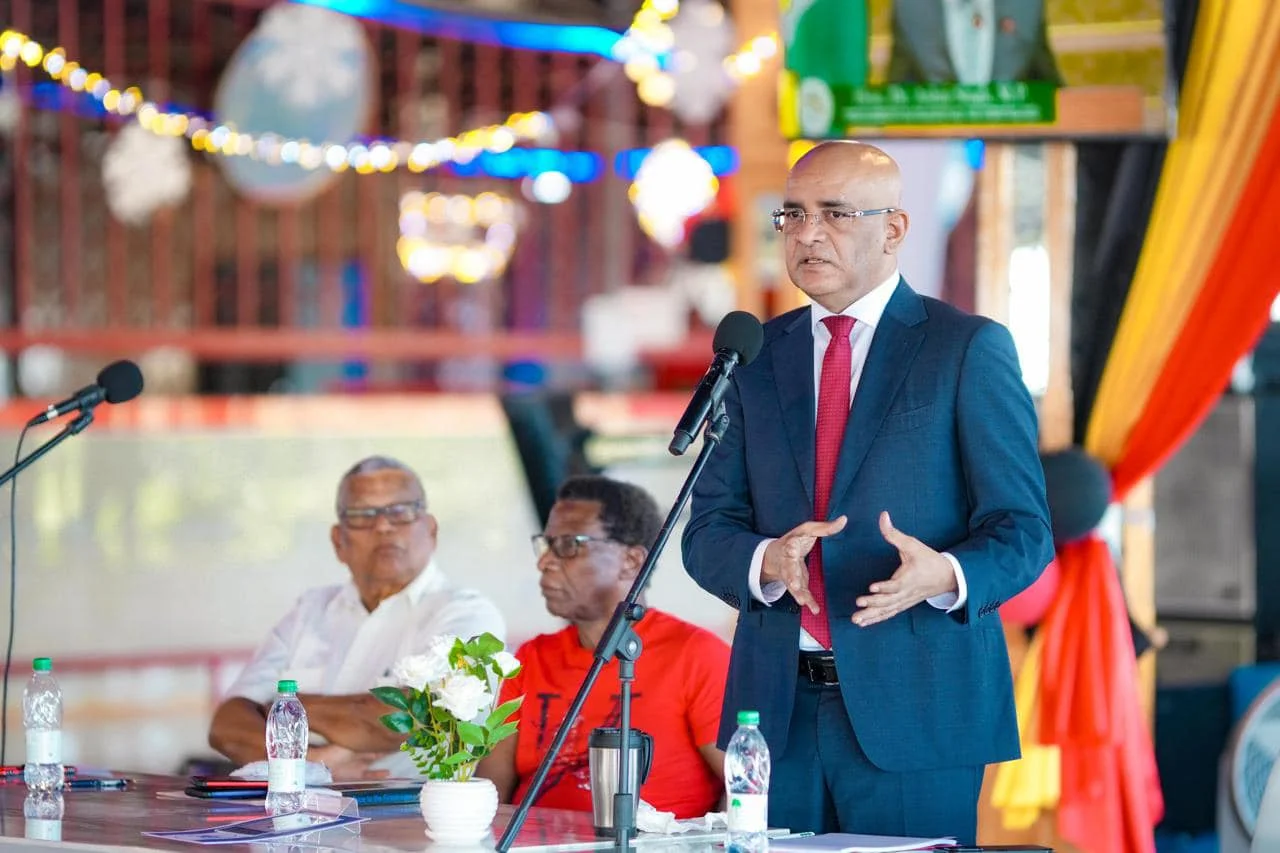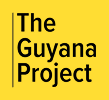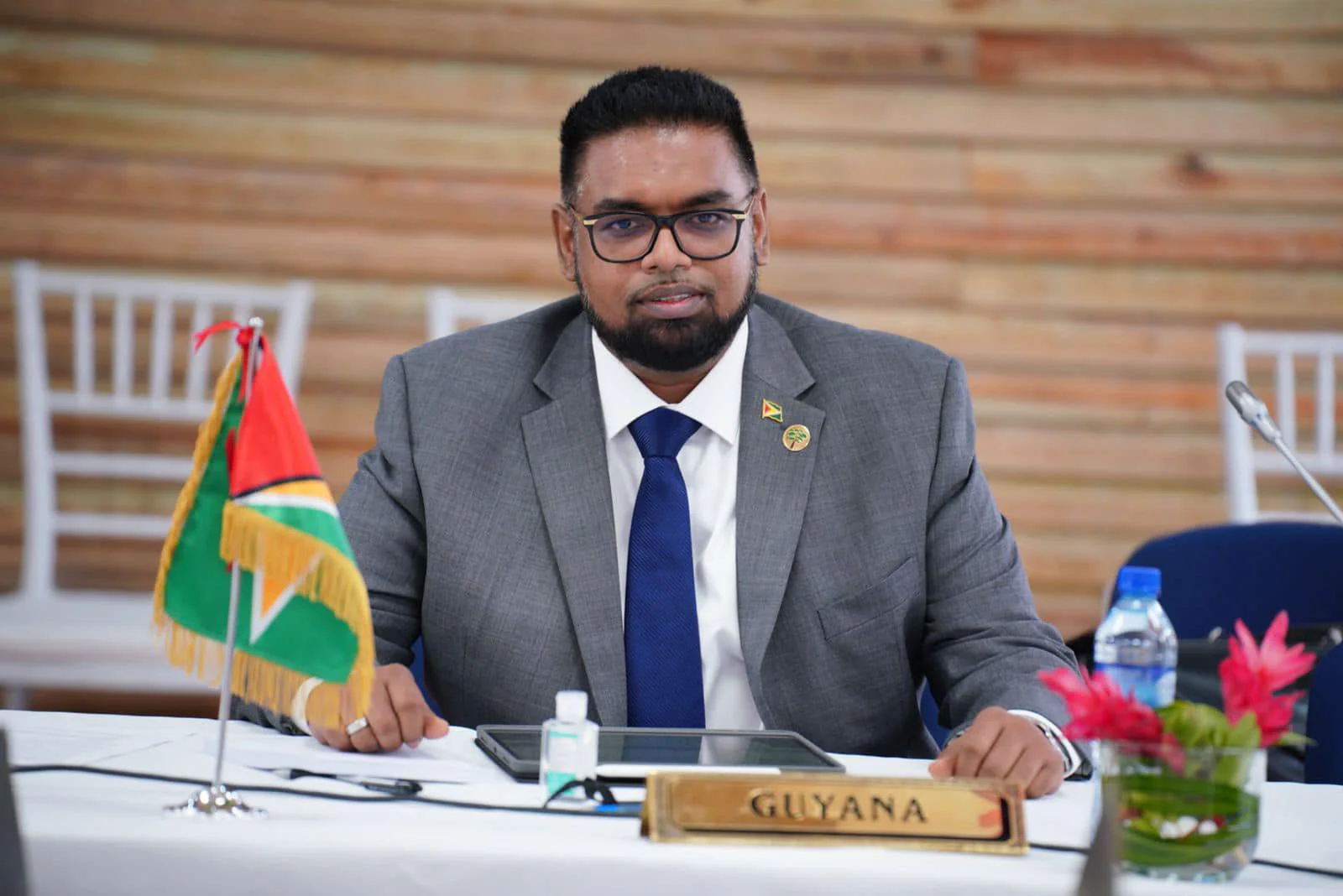Close

When the PPP/C government took office in August 2020 after a tumultuous election impasse, Guyana was a nation on edge. The five-month ordeal of that year’s vote count – marred by attempted fraud and brinkmanship – had left institutions strained and the public anxious about the country’s democratic future. Fast forward to today, and Guyana’s democratic and security landscape has notably stabilized. This did not happen by accident. The PPP/C administration, under President Irfaan Ali, undertook deliberate measures to reinforce rule of law, modernize security forces, and heal societal rifts. In doing so, it has undercut the narratives of chaos that the opposition once leveraged, and demonstrated that competent governance is the key to safety and stability.
A cornerstone was restoring faith in the electoral system. In 2020, it was rogue election officials – encouraged by elements of the then-government – who nearly upended the people’s will. Recognizing this, the new government moved swiftly on electoral reforms. Consultations were held countrywide to overhaul the Representation of the People Act and related laws. By 2022, comprehensive amendments were tabled to close loopholes and stiffen penalties for misconduct. This year, Parliament passed a further amendment to ROPA ensuring adequate deputy returning officers in all polling districts. Though technical, that fix plugs a gap that unscrupulous actors had tried to exploit in 2020. The Attorney General noted these changes aim to “prevent any attempts to derail the election process”. Tellingly, even the opposition did not oppose such measures – a tacit admission of their necessity after the fiasco under their watch. The result: few expect a repeat of the 2020 crisis, and international observers have lauded Guyana for learning lessons and strengthening electoral integrity.
In parallel, the Ali administration repaired and modernized Guyana’s security apparatus. One early step was depoliticizing the leadership of the Police Force and Army by appointing respected career officers and reactivating service commissions. This helped professionalize operations and reduce the perception of partisan bias that had grown previously. Resources were poured into policing: new vehicles, forensic labs, a 911 emergency call system and the nationwide CCTV network. The impact has been evident in the significant drop in crime, especially violent crime. As reported, 2024 saw the fewest murders and robberies in a decade. Solving 71% of murders – up from barely 50% a few years ago – means far more criminals are being brought to justice. People feel safer, and security experts credit the government’s investment in both hard and soft policing methods. Community policing groups have been revived across all regions, forging trust between citizens and law enforcement. This comprehensive approach has neutralized one of the opposition’s perennial talking points – that the country is spiraling into lawlessness. It clearly is not; by objective measures, security is improving under the PPP/C’s stewardship.
Another area of stability is social cohesion. The previous government often spoke about social cohesion but was accused of practicing divisive politics, favoring its base in hiring and resource allocation. Under President Ali, there’s been a marked shift to inclusive policies. The government’s flagship programs – from cash grants to farmers and schoolchildren, to housing drives – have been rolled out evenly, including in opposition-leaning areas. High-level engagements like the bipartisan parliamentary discussions on constitutional reform (albeit slow-moving) and inclusion of opposition MPs on some committees demonstrate outreach. Perhaps most symbolically, when Guyana faced Venezuela’s aggressive posturing over Essequibo, the government invited opposition leaders to strategy meetings, and they stood together in defense of the nation. This willingness to put country first undercuts the zero-sum rhetoric that often fuels political instability.
The opposition, however, has struggled to adjust to this new normal of relative calm and progress. Their narrative of the PPP/C as instigators of turmoil or corruption is increasingly a hard sell when people see roads being built, crime down, and no signs of the economic collapse once ominously predicted. Certainly, Guyana still has challenges – corruption in lower bureaucratic levels, pockets of poverty, and the ongoing effort to ensure oil wealth benefits all. The difference is a sense of direction and control. The government has articulated plans and, crucially, implemented them visibly. This breeds public confidence. Meanwhile, opposition missteps (like boycotting Parliament at times or refusing to engage on important bills) have made them seem less serious about governance.
In politics, security and stability are often the decisive issues. Most citizens simply want to live in peace and have opportunities to thrive. Right now, Guyana is experiencing both: peace, and unprecedented opportunity. The PPP/C’s governance – steady, if not always flashy – has a lot to do with that. The opposition would do well to acknowledge these gains even as they push for improvements. By denying obvious progress, they only diminish their credibility. Guyana is not the unsettled, shaky state it was in mid-2020. Democracy held, institutions are being fortified, and people feel safer. That’s a record any government would be proud of – and one that voters will remember.

The Guyana Project is an independent media platform delivering fact-checked, ground-level reporting on politics, economy, and public life in Guyana. With a focus on transparency and development, we bring unfiltered news and thoughtful analysis to help shape a more informed, forward-looking nation.


Lorem Ipsum is simply dummy text of the printing and typesetting industry. Lorem Ipsum has been the industry’s standard dummy text ever since the 1500s, when an unknown printer took a galley of type and scrambled it to make a type specimen book. It has survived not only five centuries, but also the leap into electronic typesetting, remaining essentially unchanged. It was popularised in the 1960s with the release of Letraset sheets containing Lorem Ipsum passages, and more recently with desktop publishing software like Aldus PageMaker including versions of Lorem Ipsum.
t is a long established fact that a reader will be distracted by the readable content of a page when looking at its layout. The point of using Lorem Ipsum is that it has a more-or-less normal distribution of letters, as opposed to using ‘Content here, content here’, making it look like readable English. Many desktop publishing packages and web page editors now use Lorem Ipsum as their default model text, and a search for ‘lorem ipsum’ will uncover many web sites still in their infancy. Various versions have evolved over the years, sometimes by accident, sometimes on purpose (injected humour and the like).
Contrary to popular belief, Lorem Ipsum is not simply random text. It has roots in a piece of classical Latin literature from 45 BC, making it over 2000 years old. Richard McClintock, a Latin professor at Hampden-Sydney College in Virginia, looked up one of the more obscure Latin words, consectetur, from a Lorem Ipsum passage, and going through the cites of the word in classical literature, discovered the undoubtable source. Lorem Ipsum comes from sections 1.10.32 and 1.10.33 of “de Finibus Bonorum et Malorum” (The Extremes of Good and Evil) by Cicero, written in 45 BC. This book is a treatise on the theory of ethics, very popular during the Renaissance. The first line of Lorem Ipsum, “Lorem ipsum dolor sit amet..”, comes from a line in section 1.10.32.